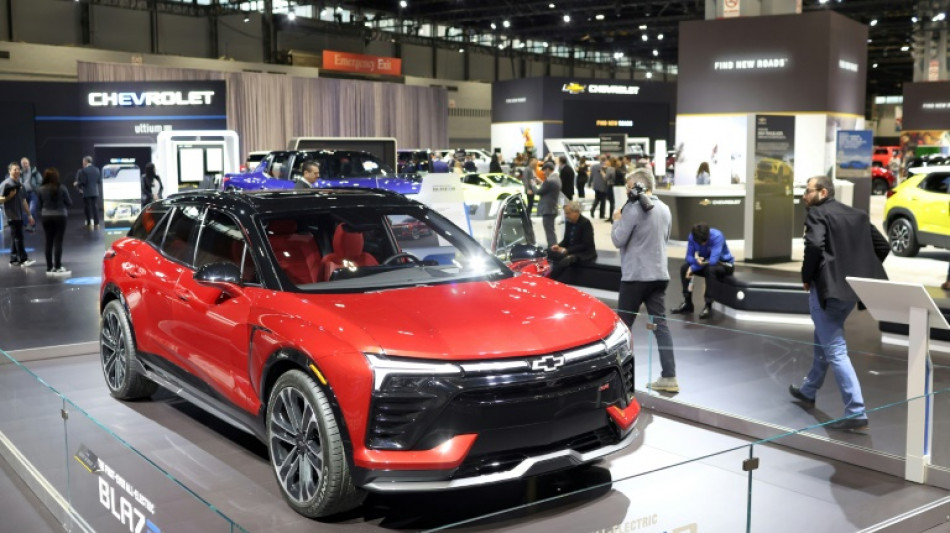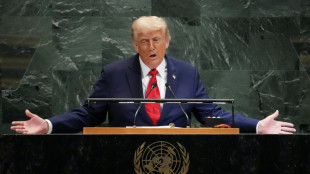

Latest GM investments in US in line with slowing EV demand: exec
General Motors' latest $4 billion investment into US factories in light of tariffs fits with the auto giant's shift towards slower growth of electric vehicles, a top GM executive said Wednesday.
GM late Tuesday announced plans to invest $4 billion over two years to expand production of plants in Michigan, Kansas and Tennessee, making use of unused capacity in its home market as President Donald Trump's tariffs penalize imports of finished vehicles.
At a financial conference Wednesday, Chief Financial Officer Paul Jacobson emphasized that the investments also come as GM sees robust US demand for internal combustion engine (ICE) vehicles and slowing growth in EVs compared with the outlook a few years ago.
"This is a great example of how we can pivot, how we can adjust, how we can be resilient in the face of an environment that's changing around us," Jacobson said.
Jacobson said GM had revised its plan for the Orion Assembly plant in Michigan, which had been envisioned as a home to new EV investments but would instead build ICE sport-utility vehicles and pickups.
On Orion, "we had planned for that to be a big EV plant, as we were thinking about rapid expansion of electric vehicles, and clearly we haven't seen that happen," Jacobson said.
The other two plants will be capable of producing both ICE and EV vehicles, depending on how demand evolves.
GM's announcement added capacity for the Chevrolet Equinox in Kansas and the Chevrolet Blazer in Tennessee. Both of those vehicles are currently imported to the United States from Mexico, exposing them to a 25 percent tariff following Trump's policies.
The announcements mean GM will build about 300,000 more vehicles in the United States, Jacobson said.
GM's announcement was applauded by the United Auto Workers, which has backed some of Trump's trade policies while urging automakers to shift production to the United States, where many plants are underutilized.
"GM's decision to invest billions in American plants and prioritize US workers is exactly why we spoke up in favor of these auto tariffs," said UAW President Shawn Fain.
"The writing is on the wall: the race to the bottom is over," Fain said. "We have excess manufacturing capacity at our existing plants, and auto companies can easily bring good union jobs back to the US."
Shares of GM were up 2.6 percent in late-morning trading.
T.Lorenz--VZ


